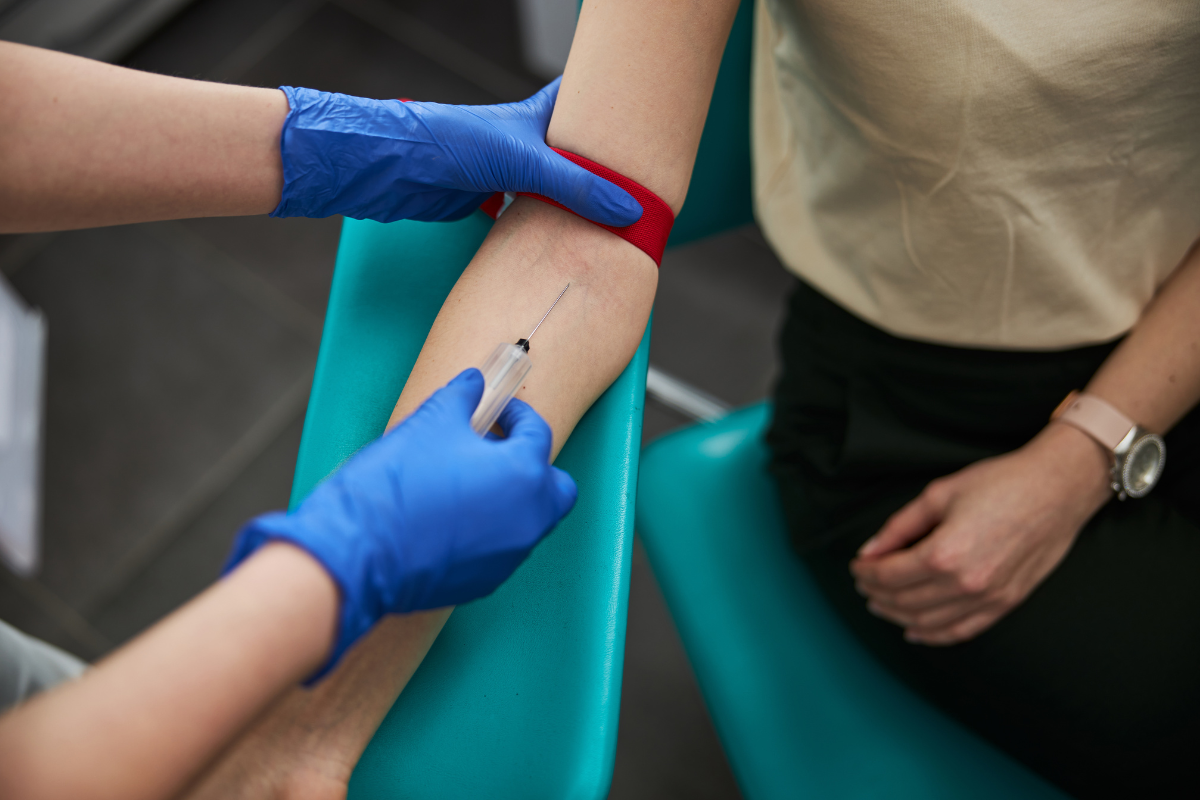Challenges in Improving Patient Outcomes: Why Biomarkers Are Difficult to Commercialise

While new biomarkers are continually being discovered for a range of diseases and health complications, making good on their potential for improving patient outcomes is difficult.
A central part of this challenge comes from a disconnect between early validation approaches and the later steps of the commercialisation process for biomarkers when it comes to moving from bench to bedside.
Put simply, many academics and researchers involved in the process of biomarker discovery are primarily focused on correctly identifying a biological indicator of a disease.
The process of commercialising a biomarker – patenting it, verifying it, and validating it for use in clinical trials and beyond – requires a different outlook and a different skillset.
In a survey conducted by the Biomarker Consortium, (biC), most researchers interviewed did not start with the aim of biomarker discovery, but rather with the need to understand disease mechanisms or address questions arising from clinical observations.
Meanwhile, levels of patent and technology readiness are both crucial for investors.
Many biomarker projects do not progress to market maturity as a consequence of gaps in the biomarker development and commercialisation process.
Subsequently, the translation of research results into a tangible clinical application regularly fails, as the necessary steps in the commercialisation process are little-known.
The Utility of Commercialisation Pathways for Biomarkers of Cardiovascular Disease
As a leading cause of both mortality and morbidity worldwide, cardiovascular disease (CVD) is a key area of focus for biomarker development, with early indicators of disease onset able to facilitate the targeted treatment of risk factors in patients.
While emerging biomarkers of cardiovascular disease show promise in clinical trials, the process of translating them into bedside use has thrown up a number of challenges – particularly when it comes to navigating the legal and commercial landscape.
As an example of the potential for cardiovascular biomarkers, a biomarker for atherosclerosis – a thickening or hardening of the arteries as a result of plaque accumulation – would be a holy grail for targeting coronary artery disease.
A biomarker in this field could guide individualised therapeutic interventions, furthering the transition towards personalised medicine.
While many current biomarkers have been discovered with pathophysiological significance to CVD, the logistics of their incorporation into treatment approaches still need ironing out.
Improving Patient Outcomes by Factoring in Commercialisation Pathways
In order for commercialisation pathways to facilitate the translation of biomarkers or other medical innovations to the clinic.
These pipelines should ensure both clinical efficacy and utility, optimising methods for treatment while also defining standard operating protocols for the assay.
Partnerships between researchers in academia and industry are critical for translational pipeline success and tangibly improving patient outcomes.
However, the translation of biomarkers from the laboratory into the clinical sphere brings with it a number of technical challenges, one of the most pressing being the validation of laboratory findings in relevant clinical cohorts.
At present, there remains a considerable unmet need for the refinement of the clinical biomarker pipeline post-discovery.
Practical and legal barriers to the biomarker pipeline must be considered to develop strategies for bringing novel biomarkers into the clinical sphere, and for applying these advances at the patient bedside.
Get your weekly dose of industry news and announcements here, or head over to our Biomarkers portal to catch up with the latest advances in cellular therapies. To learn more about our upcoming Biomarkers US conference, visit our event website to download an agenda and register your interest.







